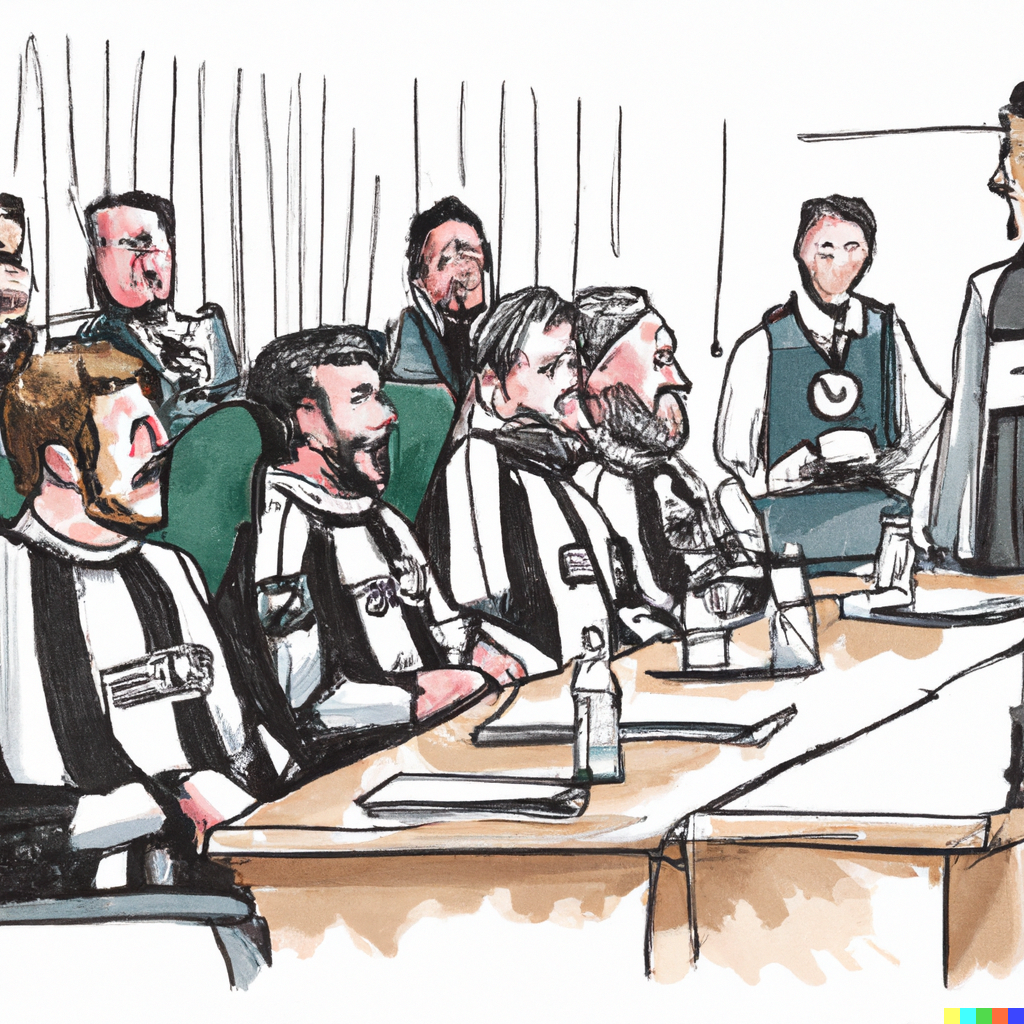
Introduction
The long running saga between the US Securities and Exchange Commission (“SEC”) and Ripple Labs, the creator of cryptocurrency XRP reached a season climax earlier this week.
It has been well reported that the markets were jubilant following the NY court issuing a summary judgement against the SEC’s claims that the sales of so-called ‘programmatic sales’ .
A programmatic sale is one that is conducted through an automated process, without any human intervention. So, for example, a sale of XRP through an exchange like Kraken would be considered a programmatic exchange.
So, it is clear why the markets were so ‘bullish’.
However, this is not the whole picture.
This is because, the judge also issued a summary judgement in favour of the SEC around Ripple’s institutional sales and that these were in violation of securities rules.
What is a summary judgement?
A summary judgement is a ruling by a court that disposes of a case without a full trial.
Such a judgement can be granted if the court finds that there is no genuine issue of material fact and that the moving party is entitled to judgment as a matter of law.
Key issues
The key issue in this case is whether XRP is a security.
The SEC alleges that XRP is a security because it is an investment contract, which is a type of financial instrument that is regulated by the SEC. Unsurprisingly, Ripple Labs argues that XRP is not a security because it is not an investment contract.
As indicated above, there were separate issues relating to the method of XRP sale:
- Those sold through automatic exchanges (so-called programmatic sales) – such as Kraken and the usual suspects; and
- Institutional sales
Key points
The SEC’s main argument is that XRP is an investment contract because it meets the so-called Howey test.
The Howey test was developed by the US Supreme Court in the case of SEC v. W.J. Howey Co (1946).
The test being used to determine whether an investment is a security.
The Howey test has four elements:
- An investment of money.
- In a common enterprise.
- With a reasonable expectation of profits to be derived from the efforts of others.
- That are not primarily for the purchase of securities.
The SEC argues that XRP meets all four elements of the Howey test.
Ripple Labs argues that XRP is not an investment contract because it does not meet the Howey test.
The Courts decision on programmatic sales
The factors that led the court to issue a summary judgement were:
- The reasonable expectations of investors. The court found that investors in XRP do not have a reasonable expectation of profits from Ripple’s activities.
- The structure and operation of the XRP network. The court found that the XRP network is not a common enterprise. The XRP network is a decentralized network that is not controlled by Ripple Labs.
- The economic reality of the transaction. Having considered the economic reality and totality of circumstances, the Court concludes that Ripple’s Programmatic Sales of XRP did not constitute the offer and sale of investment contract
The Court’s Decision on Institutional Sales
On the other hand, the court found that Ripple’s institutional sales of XRP constituted the sale of securities because the investors who purchased XRP did so with the expectation that they would derive profits from Ripple’s efforts. This is a key factor in determining whether a token is a security.
The court’s ruling was based on the following factors:
- The reasonable expectations of investors. The court found that the investors who purchased XRP in the institutional sales had a reasonable expectation of profits. The court found that the investors were aware that the price of XRP was volatile, but they also believed that the price of XRP was likely to increase in the future
- The economic reality of the transaction. The court found that the economic reality of the institutional sales was that the investors were purchasing XRP as an investment.
Based on these factors, the court found that Ripple’s institutional sales of XRP constituted the sale of securities.
This is a significant ruling, as it sets a precedent for how the SEC will regulate the sale of tokens to institutional investors in the future.
Conclusion
The court’s ruling in the Ripple case is a significant development in the regulatory landscape for cryptocurrencies.
The ruling provides a degree of regulatory clarity for companies that are selling tokens, but it also raises some new questions. It will be interesting to see how the SEC and the cryptocurrency industry respond to the ruling in the coming months and years.
The ruling is a partial victory for both Ripple and the SEC.
Ripple can continue to sell XRP through programmatic sales, but it will need to be more careful about how it sells XRP to institutional investors.
The SEC, on the other hand, has also won a part victory in its fight against cryptocurrency companies.
As I say, this is likely to only represent a season climax. It is likely that, in the next season, we will see the SEC appealling this ruling.
Please note, I am not a US legal expert and this article is for interest and information purposes only.
If you have any queries, comments or observations, please feel free to get in touch.
For more crypto tax resources, please visit www.cryptotaxdegens.com
